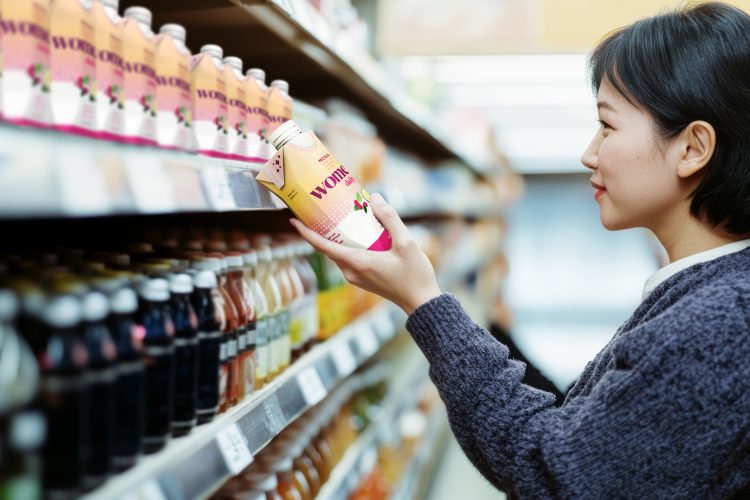Global nutrition market growth driven by changing consumer priorities
Posted: 17 October 2025 | Ben Cornwell | No comments yet
Global food supplements and nutrition market is shifting, says Tetra Pak, as consumers prioritise natural, emotional and convenient choices.


The global food supplements and nutrition (FSN) market is on course to reach $758.99 billion by 2034, with natural ingredients, emotional benefits and convenient formats shaping future demand, according to new research from Tetra Pak.
71 percent of consumers prefer gradual results from natural ingredients over quick synthetic alternatives.”
A survey of more than 25,000 health-conscious consumers across 17 countries highlights a shift in priorities, with people increasingly choosing FSN products not only for their physical benefits but also for the reassurance and lifestyle support they provide.
“Convenience remains a baseline expectation,” said Anna Larsson, Category Leader at Tetra Pak. “For brands, it’s a chance to lead with convenient formats and innovative formulations that meet evolving expectations and deliver greater value for customers. But interest in this category goes far beyond ease alone.”
Key findings
The research, conducted by Ipsos in July 2025, shows that consumers are increasingly treating FSN products as part of a holistic approach to wellbeing. For many, the primary draw remains physical: 58 percent use supplements to support overall health, 51 percent to cover daily nutrition, and 47 percent to maintain energy levels throughout the day. Yet the category is no longer confined to physical needs alone. Mental wellbeing and appearance are becoming just as influential, positioning FSN products as both functional aids and lifestyle enhancers.
When it comes to emotions, reassurance is a powerful motivator. Around 42 percent of consumers say they want greater control over their health, 39 percent look for peace of mind around their nutrition, and 30 percent are motivated by a desire to feel less stressed and more balanced. Generational differences also emerged, with younger adults more persuaded by taste and enjoyment, while older consumers place stronger emphasis on confidence and reassurance.
These shifting priorities are also shaping product formats. Liquid supplements are rising fast, with 59 percent showing interest in ready-to-drink products that are simple to store, require no preparation and suit on-the-go lifestyles. Packaging is central to this appeal, with 63 percent favouring single-serve, shelf-stable options they can consume “as is”
Demand for natural ingredients
The strongest signal, however, is demand for naturalness. “With 71 percent of consumers preferring gradual results from natural ingredients over quick synthetic alternatives, and an equal proportion willing to pay a premium for those attributes, we’re seeing a clear shift toward value-driven products that support long-term wellbeing,” Larsson added.
Tetra Pak argues that packaging innovation can play a vital role in helping brands meet these expectations – from enhancing trust and transparency to ensuring affordability and convenience.
Larsson concluded: “These findings provide a clear direction for brands aiming to grow in a fast-developing FSN market. By combining functional benefits with emotional appeal and tailoring products to local preferences, brand owners can build stronger connections with consumers, increase loyalty and unlock new opportunities for sustainable growth.”
Related topics
Clean Label, Health & Nutrition, Ingredients, Nutraceuticals, Packaging & Labelling, Product Development, Research & development, retail, Shelf life, The consumer, Trade & Economy, World Food









